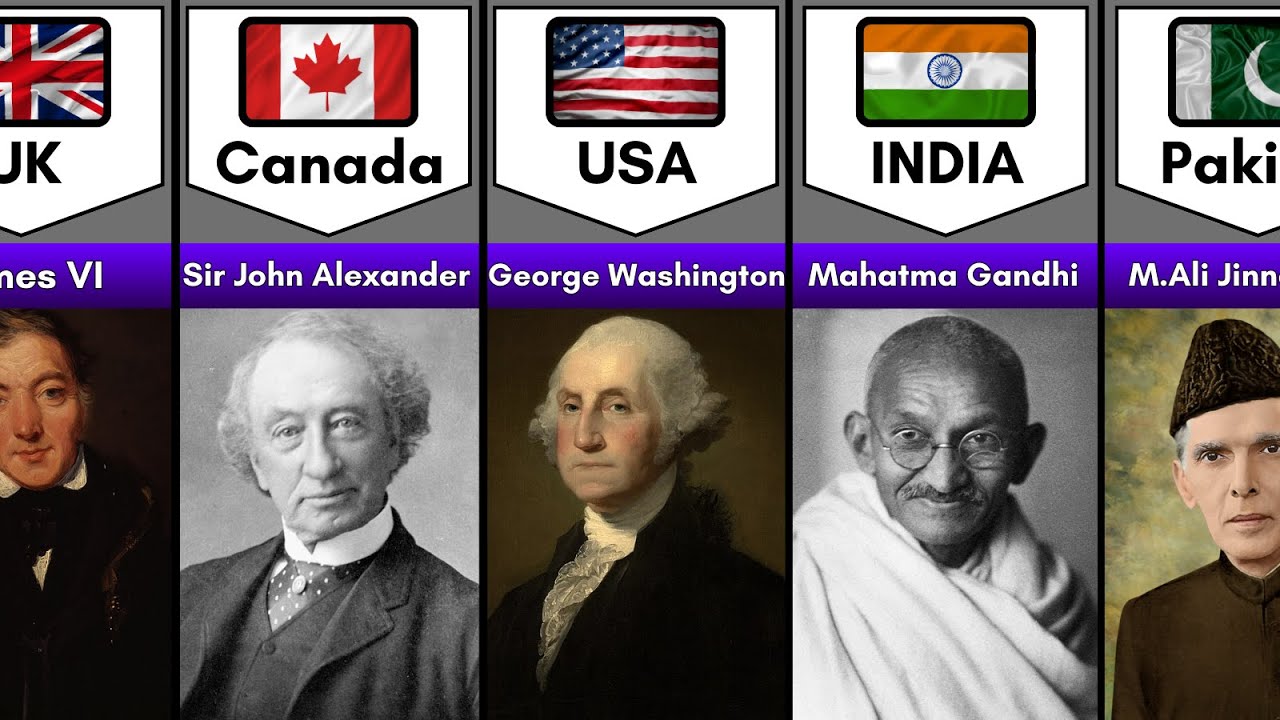1. A Global Religious Mosaic Among Leaders The video charts the religious affiliations of heads of state and government across 195 countries as of 2025, offering a fascinating snapshot of the world’s religious-political landscape. It shows, for example, Muslim-majority nations led by Muslim presidents, Christian-majority countries with Christian prime ministers, and unique cases where leaders follow alternative faiths. This global religious tapestry highlights how deeply religion continues to shape leadership roles and national identity.

2. Constitutional and Cultural Foundations In several nations, constitutions explicitly mandate religious adherence for top leaders. Around 30 countries around the world require their heads of state to belong to specific religions—17 insist on Muslim leaders, two on Christian leaders, and two on Buddhist leaders pewresearch.org+3s.allplaynews.com+3s.allplaynews.com+3pewresearch.org+2pewresearch.org+2foreignpolicy.com+2. Other nations maintain favored state religions: for instance, Bhutan and Cambodia have Buddhism as their official faith, while nations like Qatar, Saudi Arabia, and Iran adopt Islam as their state religion en.wikipedia.org+1themuslimtimes.info+1. Such provisions reflect how historical, cultural, and religious norms can codify in national leadership.
3. The Christian-Muslim Leadership Balance The video underscores Christianity as the most common faith among world leaders, with embattled mentions like France’s Emmanuel Macron or Australia’s Anthony Albanese upholding Christian traditions . At the same time, numerous prominent Muslim leaders—such as those from Algeria and Bangladesh—showcase Islam’s vital role in governance. This balance underscores that while religion often underpins leadership identity, both faiths coexist significantly in modern global politics.
4. Religion, Democracy, and Diverse Expectations According to recent Pew Research, public opinion on the importance of religion in leaders varies widely: in high-income democracies like France and Australia, under 10% of citizens believe religious conviction is essential in a leader. Conversely, more than half of respondents in countries like Indonesia or Kenya deem religious belief important in national leadership pewresearch.org+3pewresearch.org+3s.allplaynews.com+3. These differences reveal how expectations around faith in leadership diverge across global cultures and governance models.
5. Implications for Policy and Global Cooperation Why does this matter? A leader’s religion can influence national laws, foreign relations, and social attitudes—touching issues like religious freedom, morality legislation, and international cooperation frameworks. As the video suggests, understanding the religious affiliations of heads of state can shed light on their policy choices, societal priorities, and diplomatic alignments. In a world confronting climate change, human rights debates, and global development, recognizing this intersection of faith and power is increasingly critical.

